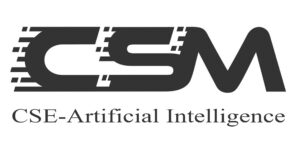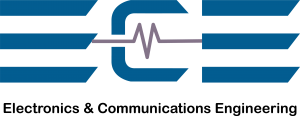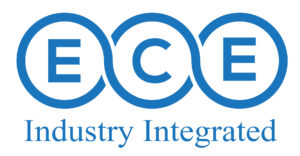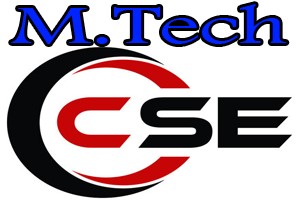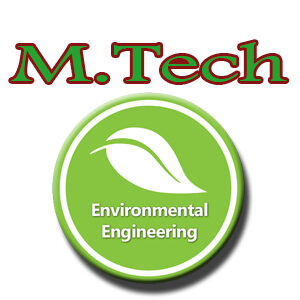Dept. of CE At a Glance
October 23, 2021 2023-05-12 13:14Dept. of CE At a Glance
The Department of Civil Engineering was established in the year 2010, with a B. Tech programmed with an intake of 60 students later from the year 2013 the intake is of 120 and from the year 2022 the intake is of 30 . It trains the students experience the joy of realizing their dreams.
It is a fast growing discipline in tune with the demands for infrastructure growth. The department is having well qualified and experienced faculty members and has well equipped laboratories with an emphasis on practical skills and fundamentals.
The Civil Engineering Department has several laboratories catering to the academic, research and consultancy requirements. They include Strength of Materials Lab ; Fluid Mechanics & Hydraulic Machinery Lab ; Concrete Technology Lab; Surveying Lab ; Engineering Geology Lab ; Geotechnical Engineering Lab ; CAD & GIS LAB ; Transportation Engineering Lab; Environmental Engineering Lab and Civil Engineering Software Lab.
Vision
To become a pioneering center of learning and research in Civil Engineering.
Mission
- Providing high quality education in an atmosphere of innovation and critical thinking.
- An integrated development of Civil Engineering Professionals Possessing Technical & Managerial skills, Environmental, Ethical and Human values.
- Inculcating research and consultancy culture by involving faculty and students.
Program Educational Objectives (PEO's)
- Have the fundamental knowledge of mathematics, science, economics and computing and in-depth knowledge in Civil Engineering concepts through theoretical, laboratory and project based experiences so as to design, develop and solve engineering problems.
- Succeed in their chosen engineering careers with sustainable development in their profession and have the ability to pursue advanced degrees in engineering and other fields.
- Have ability to organize and Communicate effectively in multidisciplinary engineering projects through life-long learning, practice ethics with a sense of social responsibility.
Program Specific Outcomes (PSO's)
- Knowledge of contemporary issues in the civil engineering industry to solve societal issues.
- Qualify in competitive examinations for higher education and employment.
Program OutComes (PO's)
Engineering Knowledge: Apply the knowledge of mathematics, science, engineering fundamentals and an engineering specialization to the solution of complex engineering problems.
Problem analysis: Identify, formulate, review research literature, and analyze complex engineering problems reaching substantiated conclusions using first principles of mathematics, natural sciences, and engineering sciences.
Design/development of solutions: Design solutions for complex engineering problems and design system components or processes that meet the specified needs with appropriate consideration for the public health and safety, and the cultural, societal, and environmental considerations
Conduct investigations of complex problems: Use research-based knowledge and research methods including design of experiments, analysis and interpretation of data, and synthesis of the information to provide valid conclusions.
Modern tool usage: Create, select, and apply appropriate techniques, resources, and modern engineering and IT tools including prediction and modeling to complex engineering activities with an understanding of the limitations.
The engineer and society: Apply reasoning informed by the contextual knowledge to assess societal, health, safety, legal and cultural issues and the consequent responsibilities relevant to the professional engineering practice
Environment and sustainability: Understand the impact of the professional engineering solutions in societal and environmental contexts, and demonstrate the knowledge of, and need for sustainable development.
Ethics: Apply ethical principles and commit to professional ethics and responsibilities and norms of the engineering practice.
Individual and team work: Function effectively as an individual, and as a member or leader in diverse teams, and in multidisciplinary settings.
Communication: Communicate effectively on complex engineering activities with the Engineering community and with society at large, such as being able to comprehend and write effective reports and design documentation, make effective presentations, and give and receive clear instructions.
Project management and finance: Demonstrate knowledge and understand of the engineering and management principles and apply these to one’s own work, as a member and leader in a team, to manage projects and in multidisciplinary environments.
Life-long learning: Recognize the need for, and have the preparation and ability to engage in independent and life-long learning in the broadest context of technological change.



